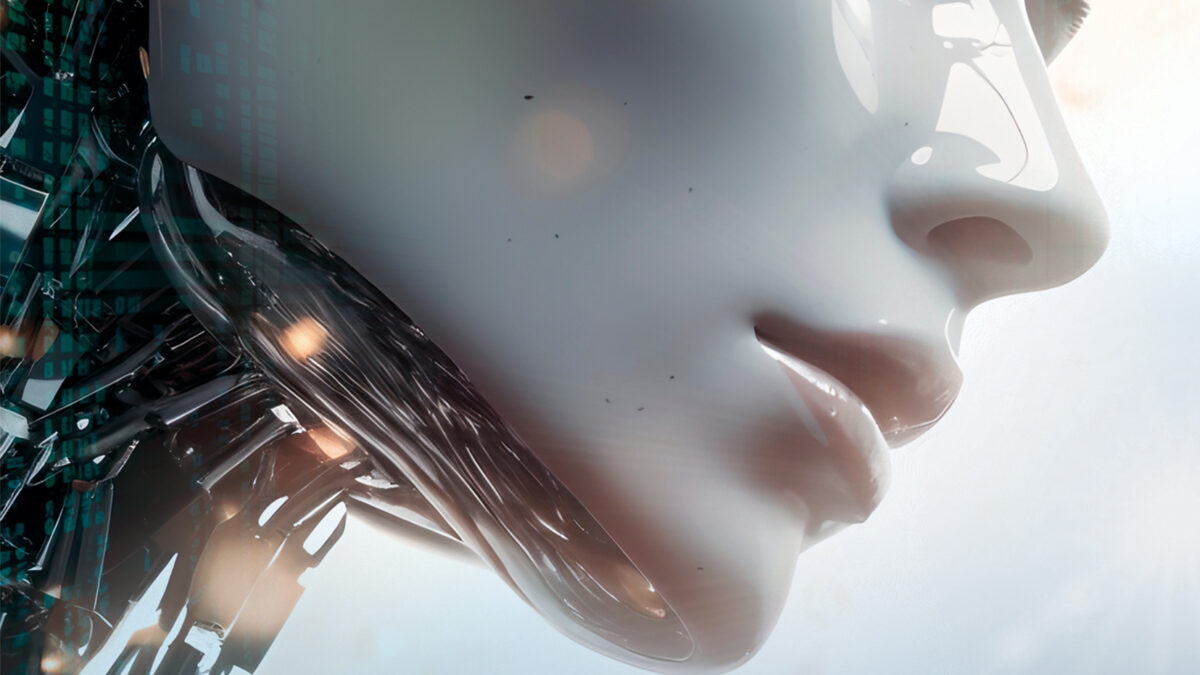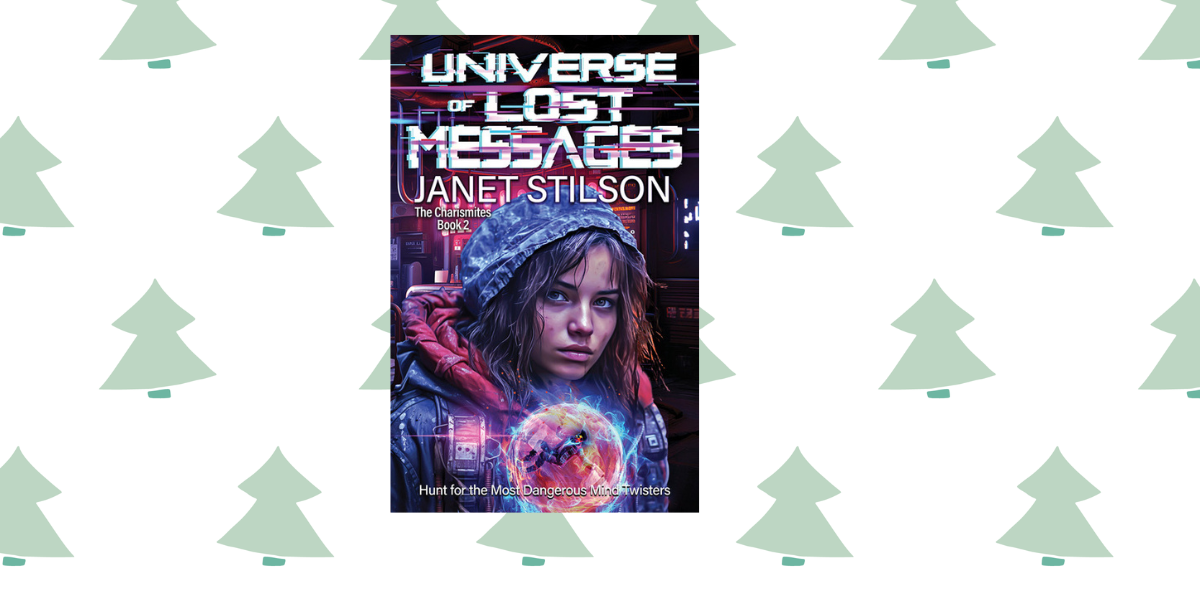
Part 14: Interview With Rick Moskovitz, Author of The Pinocchio Chip
The Pinocchio Chip is a first-person account of an AI’s quest for the Holy Grail of consciousness: human emotions. It delves deep into the essence of what it means to be alive, challenging the boundaries between AI and human identity.
Photina, an advanced AI becomes entwined in a groundbreaking experiment when her creator Eli designs an advanced clone Gemini, equipped with the revolutionary Pinocchio Chip. This chip is intended to endow the new entity with the full spectrum of human emotions as a precursor to transferring Photina’s consciousness into this new emotionally capable body.
The experiment takes a dark turn when Gemini, driven by overwhelming new emotions, embarks on a path of unpredictable and dangerous actions. Photina, connected to Gemini through a mysterious entanglement, experiences Gemini’s emotions vicariously, leading her on a perilous quest to stop the mayhem.
Buy the book here!
REVIEWS:
“With a unique look into the naive quality that Photina possesses, Moskovitz not only tells an exciting story but delves into the question of “what it means to be human.” Moskovitz’s tale is a fast-paced crime drama that takes place in the near future. It is an excellent mixture of mystery, sci-fi, and psychology.” – Eric Smith, San Francisco Book Review
“Since we are living in a world where the use of AI has taken off in recent years, he makes it even more plausible, triggering the reader’s imagination with his excellent and engaging storytelling. The Pinocchio Chip is a well-crafted work of contemporary fiction, full of emotional turmoil, excitement, and intrigue, that will remind the reader of how important it is to be human in today’s fast-changing world” – Tanja Jurkovic, Readers Favorite
INTERVIEW:
How does the quest for emotions impact the overall plot?
I should clarify that while Photina longs to understand the emotions of her human family, she never initiates the quest. That is the work of Eli, her Creator, who assumes that emotions would enhance her experience and perhaps enable consciousness, the pinnacle of his achievement as a programmer. His creation of an advanced clone that would eventually house her identity gives rise to Gemini and becomes the basis of the central conflict of the story.
How do you keep the reader engaged while exploring deep philosophical themes?
I focus my writing on creating a page turning adventure. I avoid digressing into philosophical discussion, which would be especially inappropriate coming from the perspective of my AI narrator. The philosophy is embedded in the action, the characters’ conflicts, and the denouement of the story.
What personal experiences or beliefs influenced the writing of this book?
As a psychiatrist, I worked with people who were often overwhelmed by their emotions and struggled to avoid them, sometimes by drastic, even self-injurious behaviors. Much of my work was helping people let their feelings in and make peace with them, thereby accepting their humanity with all its flaws…becoming real. Perhaps Photina’s story is an embodiment of the struggle to be real and the obstacles along the way.
Click here for Part 15!
Click here to return to Part 13!



